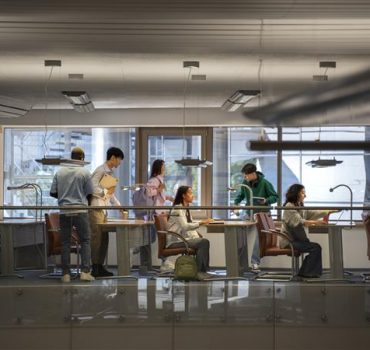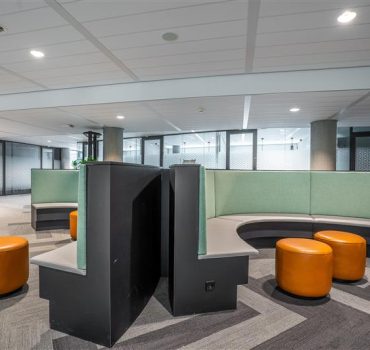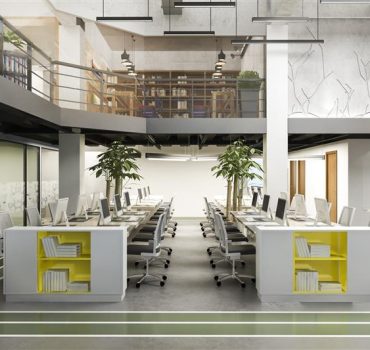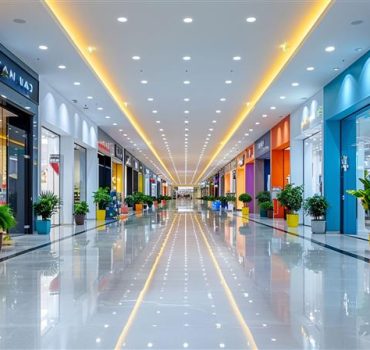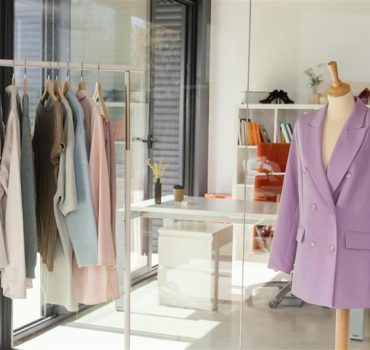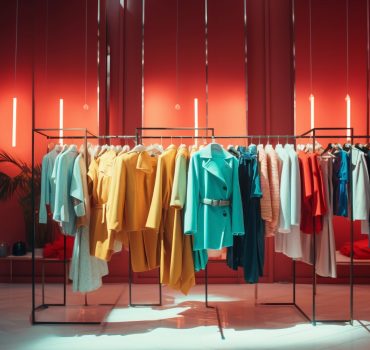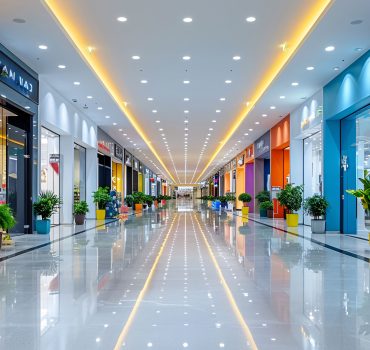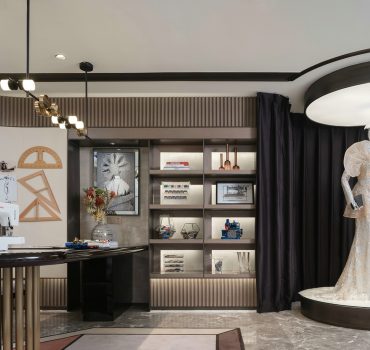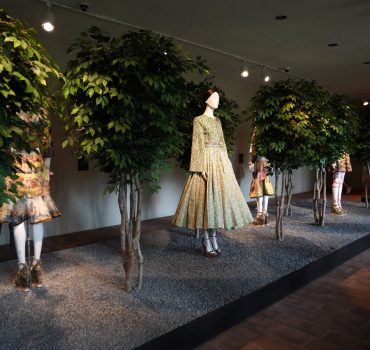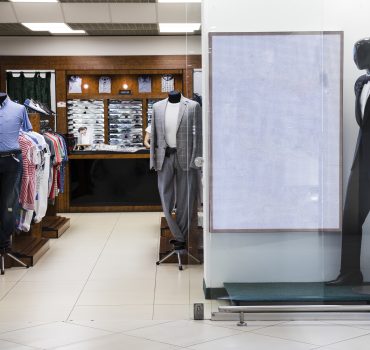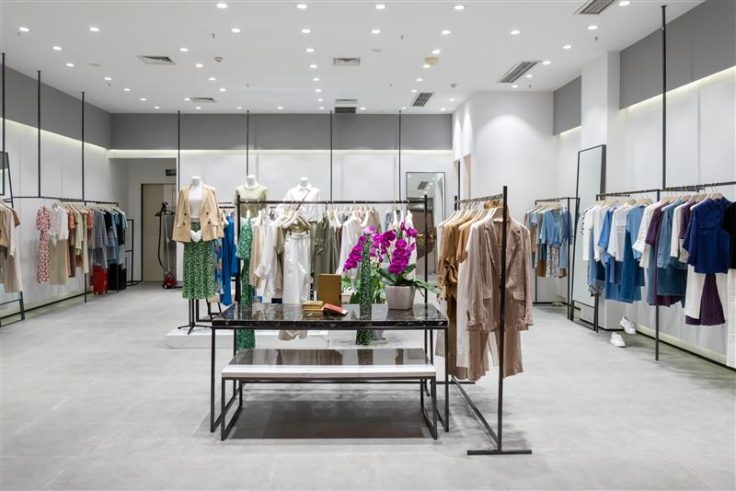
Synopsis
Retail success is no longer just about products—it’s about how customers feel the moment they walk into your store. The right retail interior design influences buying decisions, enhances product visibility, and fosters customer loyalty. This blog explores how boutique interior design and retail store interior design elevate retail spaces into immersive brand environments. Whether you’re launching a niche apparel store interior design or refining your home interior decor store, the impact of space, layout, lighting, and storytelling cannot be overstated. Our insights dive into the nuances of retail shop interior design that aligns design with consumer psychology. With the help of an expert retail interior designer, brands can build visually cohesive, emotionally engaging, and commercially effective store experiences. From storefront interior design to display curation and customer movement mapping, this blog offers a comprehensive approach to designing the retail space of tomorrow.
Table of Contents
ToggleWhy Retail Design Matters Today
Retail is no longer transactional—retail interior design creates memorable experiences that define the way shoppers interact with your brand.
Boutique Interior Design as Brand Identity
Every element of boutique interior design, from lighting to wall finish, contributes to a cohesive story that reinforces the brand’s essence.
Layout Planning in Retail Shop Interior Design
Traffic flow, focal zones, and product adjacency all play critical roles in retail shop interior design—ensuring ease and impulse simultaneously.
Display Strategy and Product Visibility
Strategic shelving and modular display units guide customer attention, especially in apparel store interior design, where aesthetics meet access.
The Role of Storefront Interior Design
Storefront interior design sets the tone—it’s the silent handshake that convinces passers-by to become buyers. Visual storyboarding is key.
Colour, Texture, and Material in Retail Spaces
A thoughtful retail interior designer will balance materials, textures, and lighting to evoke emotions and reflect seasonal or thematic narratives.
Design5’s Approach to Retail Interiors
We blend retail psychology with spatial artistry—ensuring your boutique, store, or showroom becomes a conversation starter and sales generator.
Retail Experiences That Convert
With a focus on flow, merchandising, and sensorial appeal, Design5 ensures every retail store interior design decision leads to measur
FAQs
What makes boutique interior design different from standard store design?
Boutique design focuses on niche storytelling, luxurious details, and creating personalised shopping experiences that reflect brand uniqueness.
Why is retail interior design critical to customer behaviour?
Retail interiors influence movement, mood, and decision-making. Proper lighting, layout, and aesthetics lead to longer stays and higher purchases.
How does storefront interior design affect footfall?
A well-designed storefront attracts attention, communicates brand tone, and invites people to step in, making it a key factor in customer acquisition.
What should be considered in apparel store interior design?
Apparel interiors need good lighting, accessible changing rooms, flow-friendly layouts, and display structures that showcase fabric and form effectively.
Can a retail interior designer work with small store spaces?
Absolutely. Experienced designers use vertical space, smart lighting, and modular shelving to make small stores feel spacious and fully functional.
Recent Post
- Office Interior Design & Commercial Interiors: Building Spaces That Boost Business
- Office Interior Design & Commercial Interior Solutions: Creating Spaces That Boost Productivity and Image
- Office Interior Design & Corporate Interiors: Crafting Productive Workspaces with Style
- Retail Store Interior Design & Shop Layouts: Creating Immersive Shopping Experiences
- Corporate Interior Design & Office Layouts: Transforming Business Spaces into Brand Experiences

